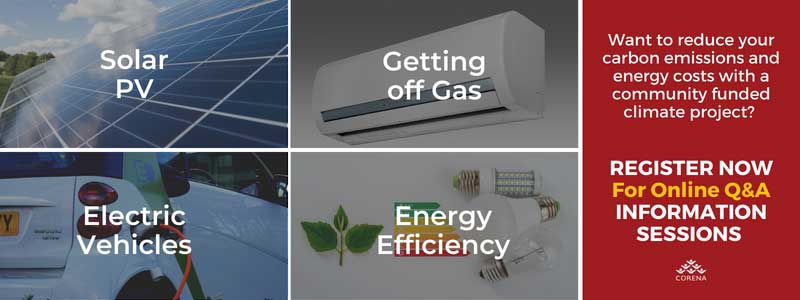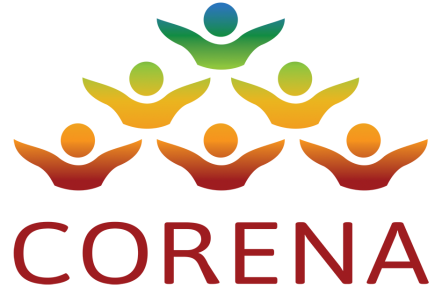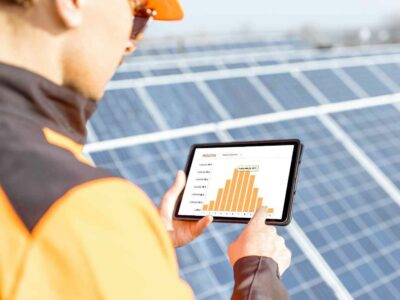CORENA works with a wide range of not for profits, providing interest-free loans to install solar panels.
Solar panels can provide many benefits to organisations who install them – often drastically reducing their carbon footprint and operating costs.
Once solar panels are installed it is important to do a few key things to make the most of your investment.
How To Make The Most Of Solar Panels
1. Log In To Your Monitoring Software
After you install your solar panels, you can access a clever online portal which shows how much power your solar panels are producing and how much carbon and money you are saving. Some software options will also show you how much energy you are consuming as well.
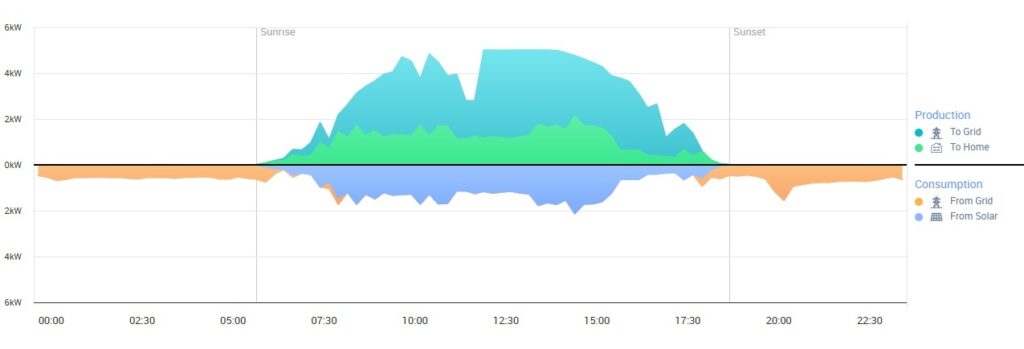
Most of these monitoring systems should be able to be set up with an email alert that tells you when the system is not working for any reason.
If yours doesn’t, set a reminder to check the system quickly every week. By checking your system is working, you can address faults quickly instead of waiting for a nasty power bill to arrive.
Once set up, make sure your asset manager or building manager can log in to these great tools. They are very useful for carbon and benefit reporting.
The ideal is to have a system that will measure both consumption and production simultaneously. Once you can track how much power your building is consuming and producing, you can start to shift power use in a way that lines up with the solar production. In this way you maximise the use of your own solar power rather than it going to the grid where currently in most areas you receive a minimal feed in tariff or you could even be charged for it.
2. Complete An Electricity Consumption Audit
Sometimes when we install solar panels we subconsciously relax when it comes to saving energy. We start to think we can use electricity however we like because the solar panels will cover it.
To make the most of your solar panels you need to reduce your energy use to a level that can be covered by your solar panel’s production.
To do this, we need to first look at where you are consuming energy through an energy audit. An energy audit looks at your energy data and appliances in your building to determine a series of recommendations to reduce your usage.
Energy audits often pay for themselves very quickly with the savings they identify. CORENA also provides free technical advice and can help show you how to best switch to energy efficient appliances.
Check out our Energy Efficiency Audit Guide for Non Profits
3. Use Your Solar Power By Getting Off Gas
If you are able to reduce your energy use enough you may have enough solar electricity left over to start shifting gas appliances to electric. Until recently, it was considered cheaper and more environmentally friendly to install and use gas water and space heaters over electric heaters.
This is one of the main reasons why as many as 48% of Australian buildings use gas for hot water.
Now things have changed for a few reasons;
- If you have your own solar panels, you have your own renewable energy you can use for free instead of buying gas.
- There are now super efficient electric options (heat pumps) whereas in the past only inefficient resistive heaters were widely available.
- Even if you do need to use some power from the grid – the grid is getting greener all the time as more renewable energy sources are brought online.
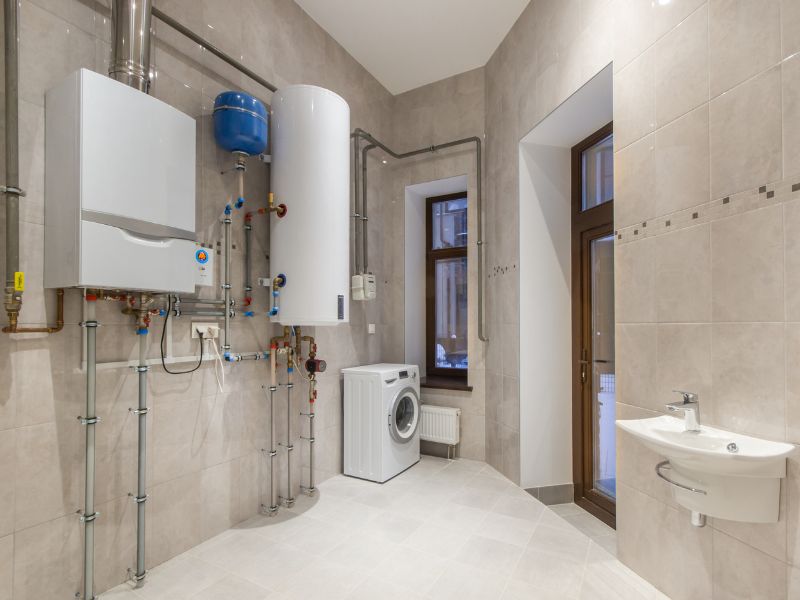
The easiest way to do this is to replace gas heaters and hot water systems with heat pump systems when they come to the end (or close to the end) of their life. If you need technical advice or figures for a business case, CORENA can help calculate the energy savings or provide interest free loan.
If you have solar panels, switching to an efficient hot water system will see you reduce your emissions immediately as well as saving on operating costs in the long term.
No matter your usage, whether in the kitchen or in high consumption like a swimming pool, you can use solar to capitalise on your solar production and reduce your usage of grid electricity.
4. Schedule High-Consumption Power Use
After you check your online monitoring or complete an energy audit, you will be able to pinpoint the dates, times, tasks, and devices where you use the most power.
Once you have a clear idea on when your usage is highest, schedule your high-consumption devices when the sun is brightest and your panels are producing the most power. This will see you minimise your use of grid electricity and save on energy costs.
5. Electric Vehicles & Transport
Electric transport options are readily becoming great alternatives to transport which relies on fossil fuels. By switching your fleet to an electric mode of transport, you can charge your vehicle with the sun on top of your roof!
From ride-on lawnmowers, e-bikes, electric cars and trucks, the benefits of electric transportation on both the planet and energy consumption are becoming more widely understood.
Australia is a country where electric vehicle ownership makes a lot of sense, thanks to the abundance of sunshine and solar panels available for charging. Not for profits with high fleet vehicle use who are able to charge during the day are an ideal application for this technology.
Learn more in Electric Vehicles Guide for Not For Profits
Interest Free Solar Panels Loan For Non Profits, Community Organisations, Charities, & Social Enterprises
If you work on behalf of a non profit, an alternative to applying for grants for solar panels, is applying for an interest-free loan. Here at CORENA, we provide free technical advice and zero interest funding to community organisations looking to reduce their emissions and green their energy consumption. We are funded by donations from local community members across Australia. We fund:
- Solar Panels and batteries
- Installing energy efficiency measures such as switching to efficient alternatives or installing insulation
- Getting Off Gas – Replacement of fossil gas appliances with electric alternatives
- Electric Vehicles
- A combination of the above
Learn more in 5 Ways CORENA Helps Non Profits Reduce Carbon Emissions & Energy Costs
You don’t pay any interest on your CORENA loan, and the quarterly loan repayments are set to be a little less than the savings on your operating costs averaged over a year. This means you are never out of pocket. After your loan is fully repaid, you will reap the full financial benefit of having lower operating costs.
To learn more, check out how to apply for a loan, or register for one of our upcoming Online Q&A Information Sessions.
